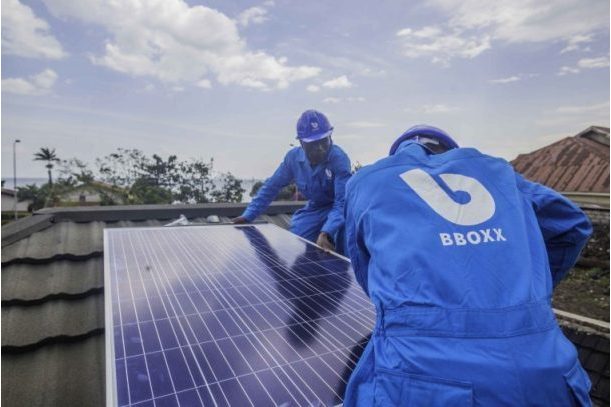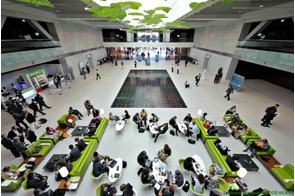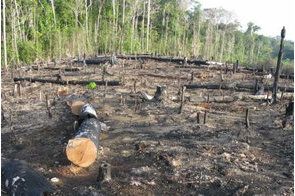UK aid reduces 16 million tonnes of greenhouse gases

Summary
UK aid-supported climate projects have provided 26 million people with improved access to clean energy in the last eight years.
The United Kingdom Department for International Development (DFID), the official development agency of the UK government, has said it is supporting developing countries to increase their access to clean energy through various DFID-supported projects. According to data released on Tuesday, DFID said the projects are helping to reduce greenhouse gas (GHGs) emissions and grow climate-resilient crops.
DFID, which manages aid for poor and developing countries, said UK aid-supported climate projects in the last eight years provided 26 million people with improved access to clean energy, including those previously living without reliable electricity in poor communities in Kenya, Rwanda and Malawi. It also said it has helped 57 million people to cope with the effects of climate change. These include poor farmers who were supported to grow climate-resilient crops.
Some of the projects helped in preserving water in areas facing increased risk of drought. UK aid also invested in systems to help save communities vulnerable to extreme flooding and other impacts of climate change. According to the agency, the projects have reduced 16 million tonnes of GHGs – the equivalent of taking three million cars off the road for a year.
“Projects funded by UK aid are already making a huge impact, helping millions of people access clean energy and protecting our precious forests for future generations,” said Alok Sharma, UK’s International Development Secretary. “I am proud of our work, but there is clearly much more to do, and as the threat of climate change grows, impacting us all, including in the UK, there is absolutely no room for complacency.”
UK aid said it is tackling climate change alongside organisations like London-based company, BBOXX. BBOXX has deployed its plug-and-play solar device – called the BBOXX – across over 200,000 homes. The device provides homes in off-grid communities and businesses with a clean, affordable energy solution. The company's energy solutions have helped nearly one million people in countries, including Rwanda, Kenya, Togo and the Democratic Republic of Congo.
“Technology and the positive disruption it brings is enabling us to unlock potential and improve the lives of many through access to essential utilities and services,” said Christopher Baker-Brian, Co-founder and Chief Technology Innovation Officer of BBOXX. “New approaches coupled with investment is crucial if we continue to move the dial on climate change and deliver on the United Nations’ Sustainable Development Goals.”
Last month, British Prime Minister, Boris Johnson, announced at the G7 that the UK would double its investment in the Green Climate Fund to £1.44 billion over the next four years, compared to £720 million between 2014 and 2019. The UK government has also announced it will host the 26th Conference of the Parties (known as COP26) next year in Glasgow.
As the world faces the threat of an ecological disaster, the World Bank estimates that by 2030, 100 million people will be pushed into poverty by climate change unless global leaders and businesses take actions to reduce their carbon footprints.
Related
-
Europe and China take the climate reins
The European Union and China have both committed to achieving net-zero carbon dioxide emissions.
-
Can COP21 save our planet?
Countries are getting ready for Paris in the hope that agreements will be signed and new mechanisms will be implemented ...
-
Group advocates for progress on UN-REDD programme in Nigeria
The UN-REDD programme assists countries to develop the capacities needed to meet the requirements for carbon offsets, and ...










